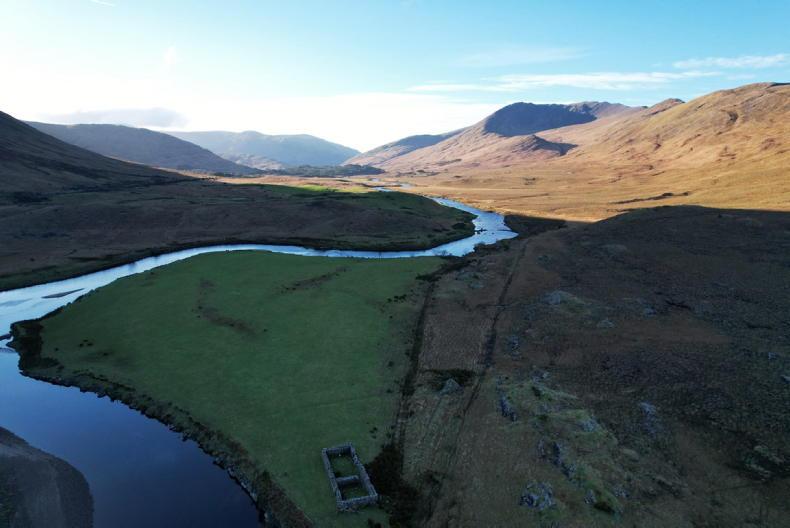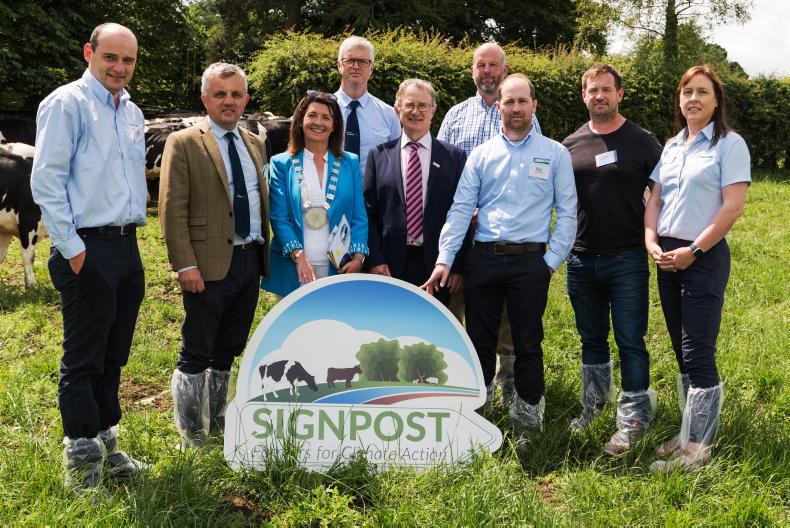The measures that can reduce methane and nitrous oxide emissions from farming are constrained by costs, efforts to improve farm yields and an increased demand for livestock products, according to an Intergovernmental Panel on Climate Change (IPCC) report released on Monday.
The report found that measures implemented within agricultural systems were the second-most important group of actions for net greenhouse gas (GHG) emissions reduction within the 'agriculture, forestry and other land use' emissions category.
The main source of methane within the agriculture, forestry and other land use sector was ruminants, such as cattle and sheep, while the main source of nitrous oxide emissions came from the spreading of chemical fertilisers, the report said.
Mitigation measures
The report found that the climate change mitigation measures with the highest economic potential to reduce net GHG emissions within the sector from 2020 to 2050 are those which are implemented within forestry and natural ecosystems.
The conservation, improved management and restoration of forestry, peatlands and grassland were listed among the most effective measures to reduce emissions while balancing costs.
Wetlands, such as Irish bogs, have a “disproportionately” high potential to reduce net emissions, underscoring the importance of these lands to GHG mitigation efforts.
Freeing up land
The combined average contribution to global net GHG emissions from the 'agriculture, forestry and other land use' emissions category was 22% between 2010 and 2019, the IPCC reported.
Changes in consumer demand, when combined with the "sustainable intensification" of agriculture, can “free up” land for reforestation, habitat restoration and the generation of renewable energy.
The changes within consumer-driven emission reduction actions include changing diets and reducing food waste.
The IPCC also reported that reducing GHG emissions within agriculture and other land uses could be more effective than carbon sequestration in combating climate change in the shorter term, as most reduction options are “available and ready to deploy” while carbon capture land uses would require upfront investment.
Radical action
Minister for the Environment Eamon Ryan commented that the results of the report underscore the need for high-level action on climate change across the globe.
"The report underlines the need to radically and rapidly scale up global climate action to reduce greenhouse gas emissions," stated Minister Ryan.
Ireland's Climate Action Plan is facilitating the transition to improved sustainability, he continued in his remarks.
"Today’s report clearly reinforces the message that the time to act is now.
"This Government is doing so; through the Climate Action Plan we are empowering every citizen, every business and every community to make the just transition – to a clean, safe, healthy and sustainable future," he said.
Promising results
The report also recognised that emerging methane- and nitrous oxide-reducing technologies showed “promising results” in mitigating climate change.
The effects of technologies may be more marked than currently expected, the report said, highlighting the potential developments such as methane vaccinations and inhibitors may pose for the agricultural sector.








SHARING OPTIONS